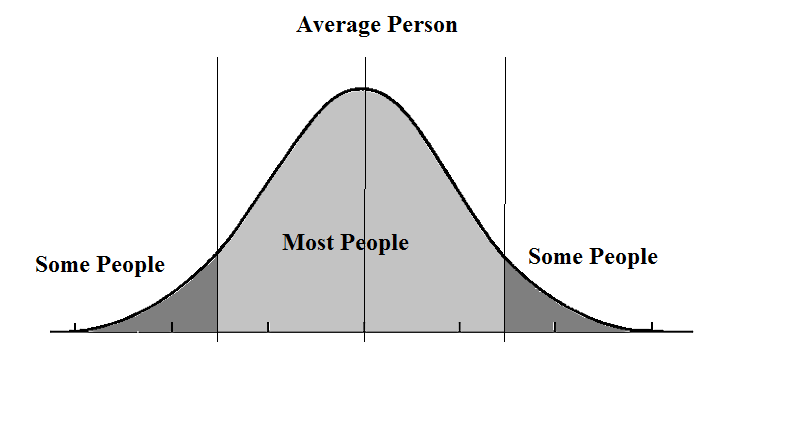hopewrites
Crochet Streamer
From what I can gather, the idea of Land Race Genetics is that a group of people ate XYZ food crops in their geographical area. And if you can trace down the food crop descendents of your genetic line, they will provide you the best nutrition of anything on the planet.
I know just enough about genetics for that to make sense. Adaptability and all that. Grow up drinking water from one source, body adapts; move to new place with different water, body has to adapt again. The new water still is utilizable, but not all additives are filtered, or some lacking minerals must be taken up elsewhere.
So it's not that the natural sources of food and medicine would not work for everyone, but that the finer synergy of them is reserved for those with family history together.
---
I'm pretty much a self taught person. I know there's people here with way more science background than me. So I'm asking. Just because it makes sense to me doesn't make it real. What do you sciency types think of this idea?
I know just enough about genetics for that to make sense. Adaptability and all that. Grow up drinking water from one source, body adapts; move to new place with different water, body has to adapt again. The new water still is utilizable, but not all additives are filtered, or some lacking minerals must be taken up elsewhere.
So it's not that the natural sources of food and medicine would not work for everyone, but that the finer synergy of them is reserved for those with family history together.
---
I'm pretty much a self taught person. I know there's people here with way more science background than me. So I'm asking. Just because it makes sense to me doesn't make it real. What do you sciency types think of this idea?


